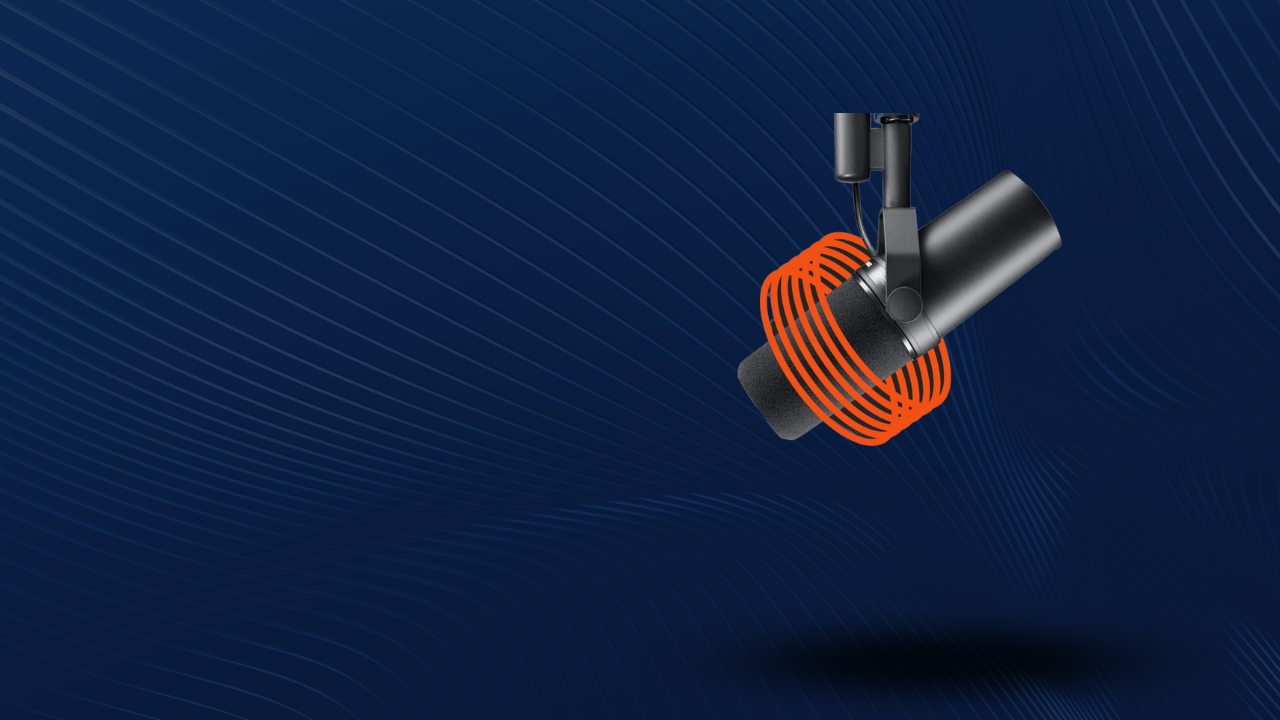Advertising Week Briefing: Amazon is primed to take over the ad industry by Ronan Shields
I see your pun work, Shields, and I’m jealous. Advertising Week New York is the focal point of one of the biggest (if not the biggest) reveals in advertising this week: Microsoft’s demand-side platform (Microsoft Invest, formerly AppNexus/Xandr DSP) is being absorbed into Amazon DSP. As of March 2026, Microsoft will retire their ad-selling division and their advertisers will be migrated into Amazon’s ecosystem. As Shields’ reporting notes, it’s not just a consolidation of clients, it’s consolidation of inventory control. Between this, and deals made with huge streamers, it’s feasible that an average Amazon DSP client could reach 80 million CTV households with just a mix of Amazon-owned inventory and a dash of Roku.
Recently Tom Webster set out to answer a question: Given that so much of the trust we have in podcast hosts (and in the ads they read) is based on parasocial relationships, can we have a parasocial relationship with an AI? Luckily, there’s a relevant recent paper published in Computers in Human Behavior: An assistant or A friend? The role of parasocial relationship of human-computer interaction. Subjects in the study formed two distinct types of relationships with AI characters: “assistant” relationships, and “friend” relationships. AI characters that fall into the first group are seen as more competent but less warm, while friend characters are seen as far more warm but also less trusted to be competent. As Webster says, consider the difference in reaction you’d have in asking for a fact-check from Siri vs. your buddy Chad. A true crime show’s host will likely want robot-them to lean towards more “friend” vibes, while a tech podcast would much prefer a no-nonsense competent “assistant.”
A Conversation with Acast CEO Greg Glenday
I’m back at it with the videos again, and have a doozy for you today! Bryan Barletta sat down with newly-instated Acast Ceo Greg Glenday to have a chat. While there’s a lot in the full 20 minute conversation, today I’ll just focus on this specific part about the open-ness of podcasting.
The lack of centralized algorithmic or platform control over podcasting remains its core strength. A direct relationship between content creators and their audiences that can’t exist in television or on social media platforms. As Glenday points out, there’s a whole wide world of slang vocabulary constructed specifically because content creators have identified words and topics that get their content flagged. And with content creators ultimately owning the distribution and content itself, podcasting operates virtually without borders. Glenday says he loves to see whenever a show from the UK will crack the top 50 podcasts in the U.S., because that doesn’t happen in old-school media. To which Barletta points out a real-world example of that: despite its massive success in American markets, how hard was it to legally watch Doctor Who in tue U.S. for decades? Podcasting does not have that problem.
Why This Channel Launched a Studio Space for Creators
Media company Poppies Studios has just debuted an 8,200 square foot studio decked out with a film set, podcast studios, and event space just 20 minutes outside Burbank (near production facilities for YouTube heavyweights like Mythical and Smosh). One of the biggest barriers to entry in the video game is space and gear, having the ability to rent both is a big step up for podcasters. This also marks a return to collaborative creator studios that were largely killed off by covid lockdowns, ranging from the YouTube Spaces around the world (RIP) to community-focused approaches like the time in 2018 when Justin McElroy chipped in with a local coworking space to create rentable podcast recording studios in Huntington, WV.
Something short and sweet to end the news: Today’s issue of Podnews kicks off with some new research from Edison that finds American podcast consumers 13+ tend to listen to podcasts between 10 a.m. and 2 p.m. Cridland also notes that RAJAR’s MIDAS study found something similar, with UK podcast consumption peaking between 12:00 p.m. and 12:30 p.m.
As for the rest of the news…
- Coleman Insights and Women in Media Network are launching a new report called the LGBTQ+ Podcast Consumer Study, a research initiative designed to provide insight into consumer habits, creator challenges, and industry opportunities in the queer podcast ecosystem. Sponsorship opportunities are available for the study.
- Zeno Media is kicking off Hispanic Heritage Month with a look at Hispanic audiences, including their $1.9 trillion in U.S. spending power, 5 hours per-week average podcast consumption, and 72% podcast consumption growth since 2020.
- Evergreen Podcasts has chosen predictive analytics and yield management platform Flightpath to power their monetization and revenue operations across the EP portfolio.
- On Air Presents founder and director Scott Newman appears in the latest episode of Your Next Chapter, hosted by Jeremiah Tittle.
- YouTube has a new official blog post giving some beginner tips on how to make engaging video podcast content that works well on the platform.













































































































































































































